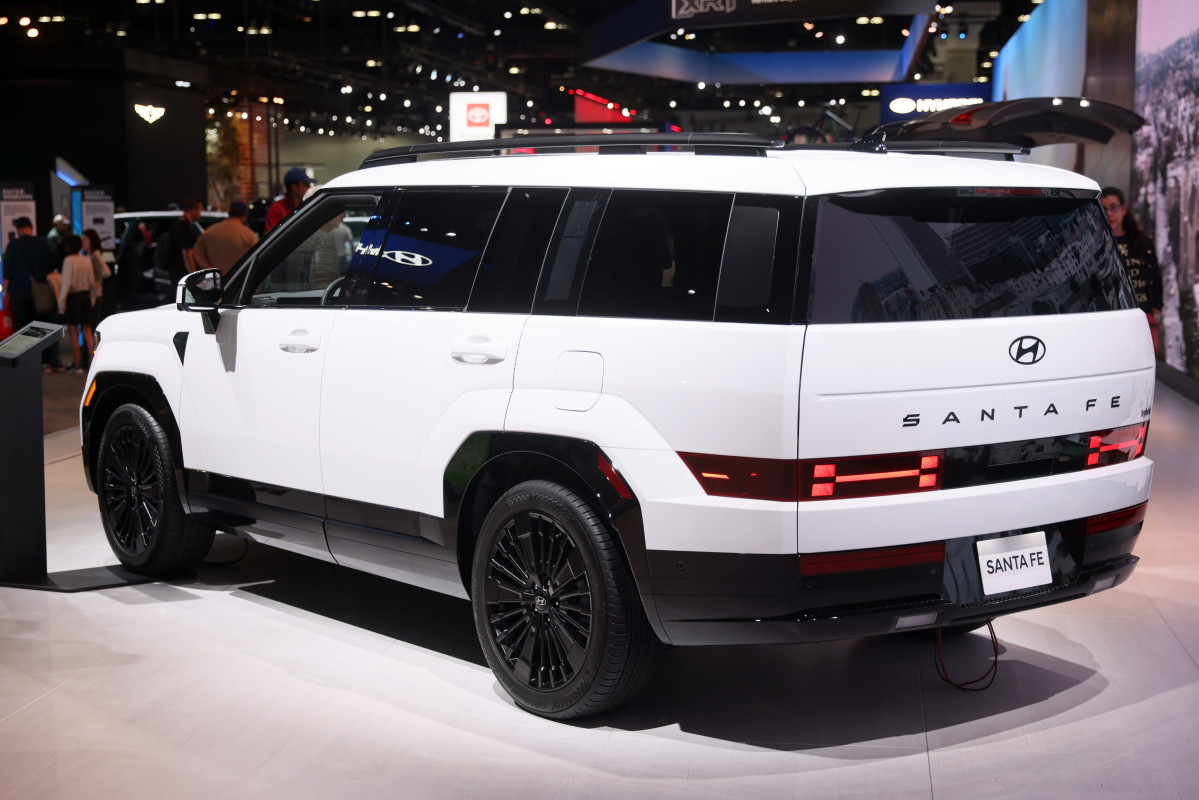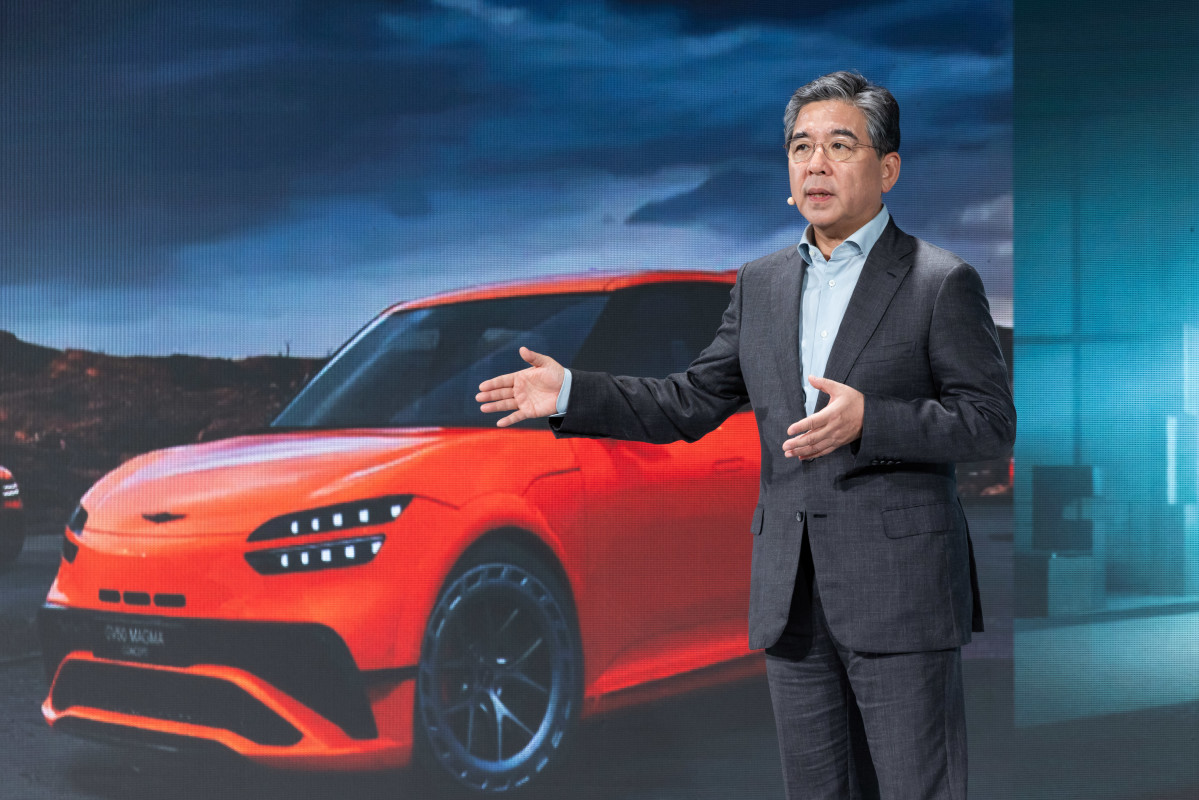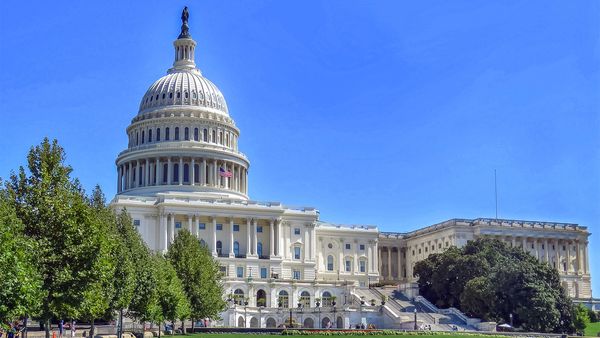
Amidst a changing automotive landscape that is hyperfocused on a future of cars centered around electric vehicles, Toyota made a decision that would shock automotive enthusiasts and its most loyal fans and customers.
In an exclusive interview with Reuters, Toyota executives revealed that the brand was making a huge bet on hybrid-electric vehicles. The brand plans to turn most if not all, of its gasoline-powered nameplates into models solely offered with hybrid powertrains across its Toyota and Lexus brands.
Related: Analysts praise EU's Tesla decision, mull Chinese EV startup
In an interview, Toyota North America sales and marketing head David Christ told the outlet that the automaker's new models will be scrutinized for their viability to become hybrids.
"Going forward, we plan to evaluate, car line by car line, whether going all-hybrid makes sense," Christ said.
While the second-largest automaker by volume juggles its hybrid offerings, the third-largest in the world is just getting started and laying out plans to not only match Toyota's game but also introduce a potential game-changer to the world of electrified vehicles.

The Tiger from Ulsan
During Hyundai's (HYMTF) 2024 CEO Investor Day, the automaker laid out its vehicular offensive, which includes a significant investment in hybrid vehicles and the introduction of extended-range electric vehicles (EREVs) to the company's portfolio alongside a complete portfolio of traditional battery-electric vehicles.
The plan, ironically called the "Hyundai Way" (Toyota's organizational principles are known as "The Toyota Way.") the automaker is looking to increase its sales numbers from an already impressive 4.21 million cars in 2023 to about 5.5 million by 2030; including 2 million EVs.
Hybrids, Hybrids and More Hybrids for North America
The first pillar of the "Hyundai Way" plan is its new fixation on providing North American customers with hybrid cars of any size or shape.
Hyundai finds that car buyers in North America are fueling an increased demand for hybrids that will only grow. To answer this bugle call, the automaker announced it is doubling its hybrid lineup from 7 to 14 models across various car segments, including luxury vehicles from Genesis.
To keep up with demand, Hyundai says it will manufacture future hybrid vehicles at its Georgia factory next to the battery-electric Ioniq 5 crossover production lines and the future Ioniq 9 flagship electric SUV.
More Business of EVs:
- Waymo finds new way to bring chaos to quiet city streets
- Gavin Newsom's 'EV mandate' is under U.S. Supreme Court threat
- BMW's clever, new EV app is a privacy nightmare
The automaker said it targets a production volume of 690,000 hybrids in North America by 2030 and anticipates sales reaching 1.33 million cars by 2028.
Though the automaker plans to shoehorn more hybrid powertrains into its vehicles, it is also committed to improving the hybrid engines themselves.
By January 2025, Hyundai plans to introduce the next generation of its hybrid powertrains, which it says will offer improved performance and lower fuel consumption and include EV technologies like regenerative braking and bidirectional EV charging.
Related: Hyundai's new tech will have owners kissing this EV problem goodbye
A new kind of car
In response to what the automaker calls a "recent slowdown in EV demand," Hyundai confirmed that it is rolling out a series of extended-range electric vehicles (EREVs).
Hyundai claims these models are meant "to serve as a key bridge to full electrification," as they incorporate electric motors, a battery pack, and a small combustion engine that serves as a power generator.
This combination allows both refueling and charging while also delivering more than 560 miles (900 kilometers) of range, which reduces its dependency on the already-strained charging network and away from the perils of the infamous "charger hogs."
Additionally, the automaker expects its EREVs to be more affordable than traditional battery-powered EVs, as they would require a much smaller battery.
Hyundai says it wants to sell over 80,000 EREVs in North America once equipped in select Hyundai and Genesis midsize SUVs. It plans to begin mass production of the cars by the end of 2026, with sales beginning in 2027.
Hyundai Motor Company trades on OTC markets under the ticker HYMTF. The stock is up 3.68% since the start of the opening bell, and traded at $64.64 at the time of writing.
Related: Veteran fund manager sees world of pain coming for stocks







